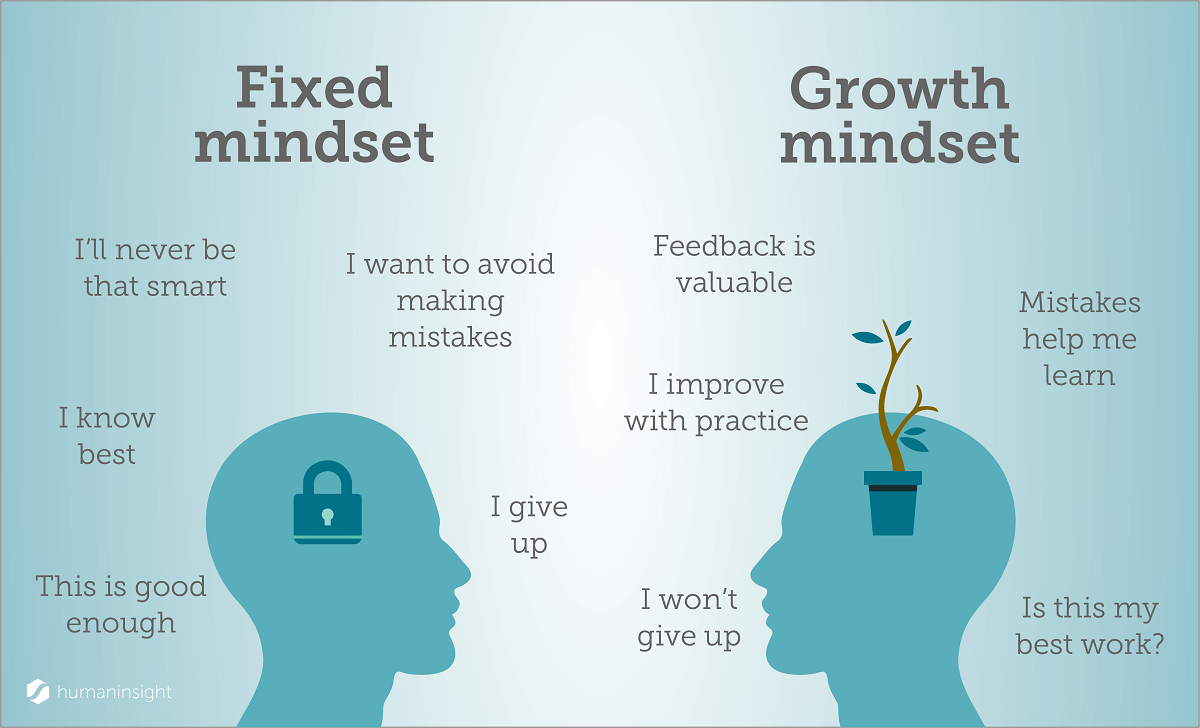Having a growth mindset can dramatically change the way you approach challenges, setbacks, and opportunities in life. Coined by psychologist Dr. Carol Dweck, a growth mindset is the belief that abilities and intelligence can be developed over time through hard work, learning, and perseverance. In contrast, a fixed mindset assumes that intelligence and talents are static and unchangeable. Cultivating a growth mindset helps you embrace lifelong learning, foster resilience, and unlock your full potential. Here’s how you can develop a growth mindset and transform your thinking.
1. Acknowledge and Embrace Imperfection
The first step to developing a growth mindset is recognizing that imperfection is part of the process. No one is born with perfect knowledge or skills. Accept that you will make mistakes, face challenges, and encounter failure. Instead of avoiding these situations, see them as opportunities for growth.

Tip:
When faced with a mistake or setback, ask yourself, “What can I learn from this?” This will shift your focus from blame to growth.
2. Challenge Limiting Beliefs
Often, our self-imposed limitations prevent us from achieving our goals. A growth mindset involves actively challenging the belief that you “can’t” do something because of your current abilities. For example, instead of thinking, “I’m just not good at math,” try reframing it as, “I haven’t mastered math yet, but I can with practice and effort.”
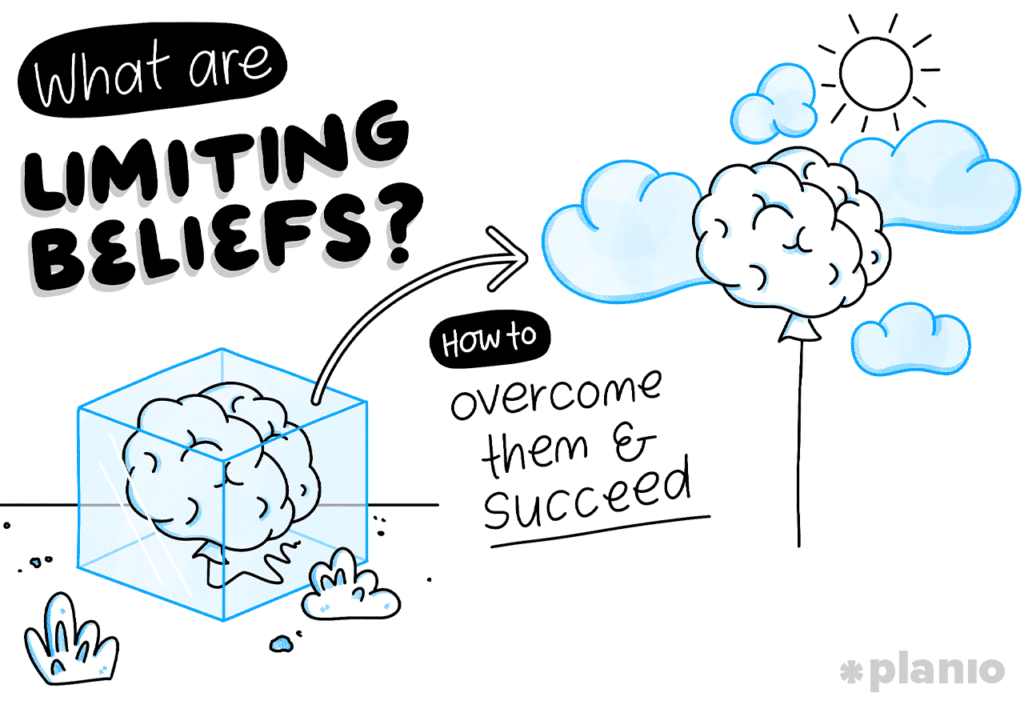
Tip:
Practice using “yet” at the end of your statements when you catch yourself making limiting statements. This simple word keeps the door open for future growth.
3. Value Effort Over Talent
In a growth mindset, effort is seen as the path to mastery. While people with a fixed mindset believe that talent or intelligence alone determines success, those with a growth mindset understand that hard work, dedication, and persistence are the true keys to improvement.
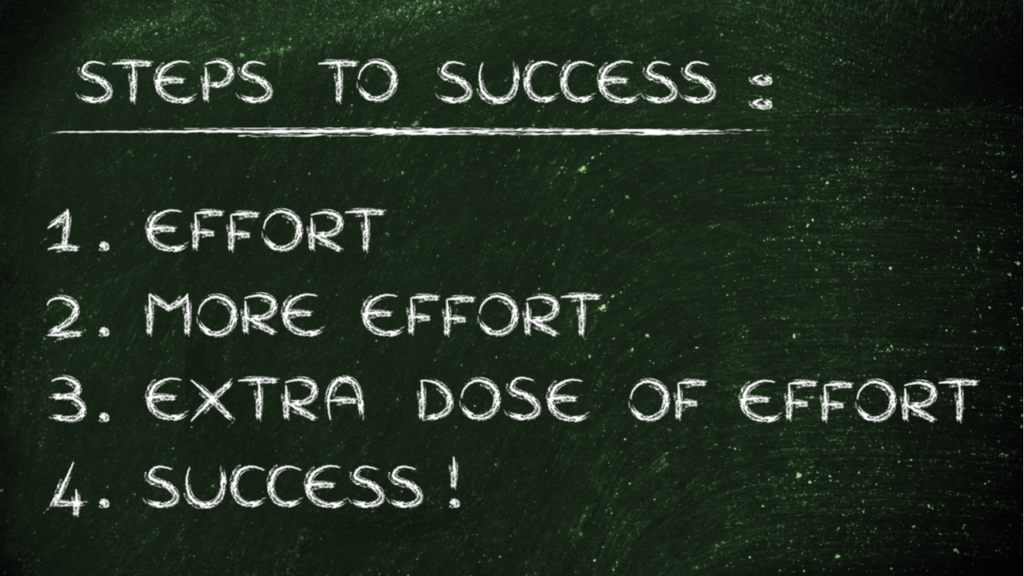
Tip:
Celebrate your effort, regardless of the outcome. When you finish a difficult task, reflect on how much effort you put in and what you learned from the experience.
4. Embrace Challenges
People with a growth mindset see challenges as opportunities to grow, not as roadblocks to success. The more you challenge yourself, the more your brain grows and adapts. Whether it’s learning a new skill, taking on a difficult project, or facing a personal fear, embracing challenges will help you stretch beyond your current abilities.

Tip:
Set small, achievable goals that push you just outside your comfort zone. Each small win will boost your confidence and encourage further growth.
5. Learn from Criticism
Feedback is one of the most valuable tools for growth, yet many people avoid it because they perceive criticism as a threat to their self-worth. To develop a growth mindset, view constructive criticism as a learning opportunity. Criticism helps you identify areas for improvement and guides your development.
Tip:
When receiving feedback, practice active listening without being defensive. Ask clarifying questions and focus on how the feedback can help you grow, rather than taking it personally.
6. Be Inspired by Others’ Success
In a fixed mindset, the success of others can trigger feelings of envy or self-doubt. However, people with a growth mindset view the success of others as inspiration. They recognize that learning from the achievements of others can motivate them to strive for more.
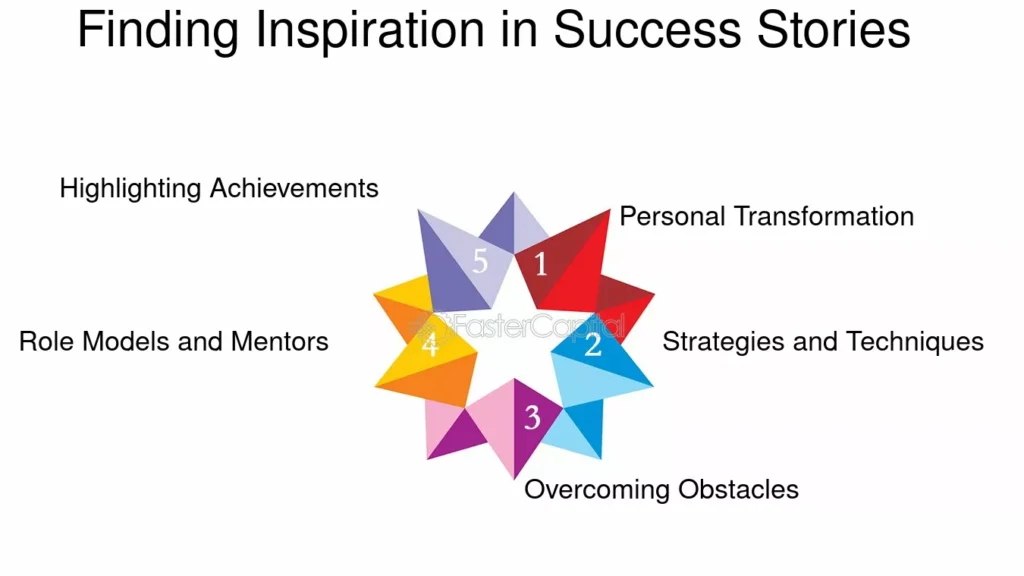
Tip:
Instead of comparing yourself to others in a negative light, ask yourself, “What can I learn from this person’s success?” This helps you turn envy into inspiration and growth.
7. Cultivate Resilience in the Face of Failure
Failure is not the opposite of success, but part of the journey toward it. Those with a growth mindset understand that failure is a learning experience, not a reflection of personal worth. When things don’t go as planned, take it as an opportunity to reassess, learn, and try again.
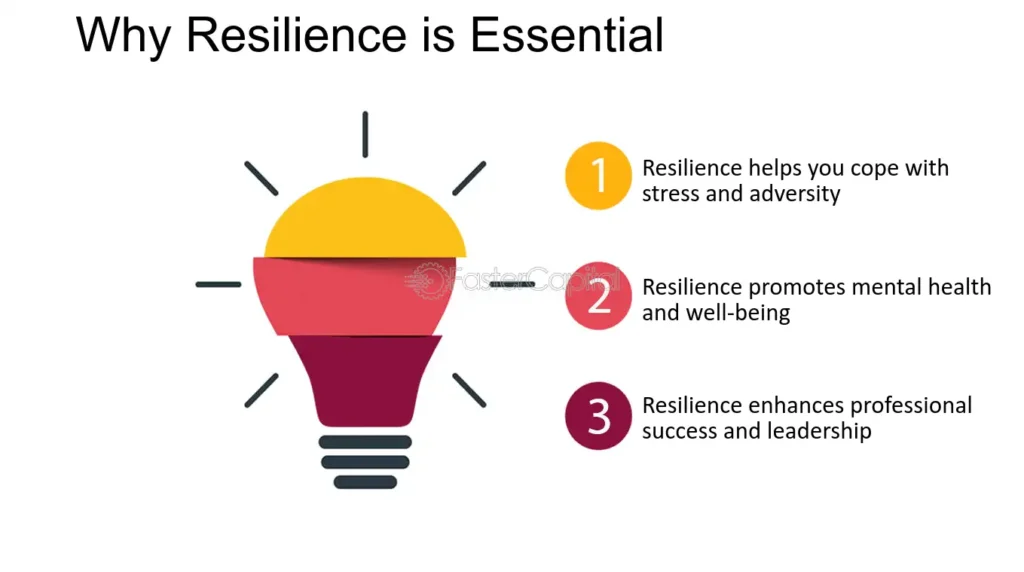
Tip:
When you fail, analyze what went wrong and what you can do differently next time. Keep in mind that setbacks are temporary, and persistence is key to eventual success.
8. Focus on Learning, Not Just Results
A growth mindset is not just about achieving goals but about learning and growing along the way. When you focus solely on outcomes, you may lose sight of the lessons and improvements gained through the journey. By prioritizing learning over results, you maintain a positive attitude, even when outcomes don’t meet expectations.
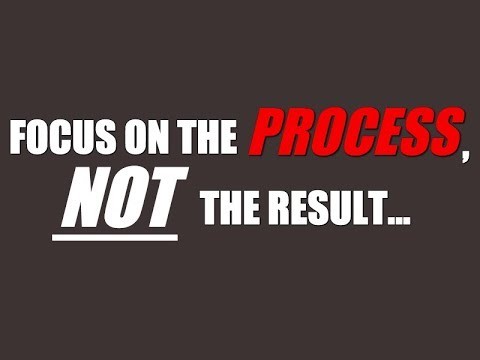
Tip:
After completing a project or goal, reflect on what you learned during the process. This keeps your focus on personal development rather than only on achieving a specific result.
9. Foster a Love for Lifelong Learning
People with a growth mindset believe that there is always more to learn. Cultivating curiosity and seeking new knowledge and skills is a hallmark of lifelong learners. This mindset keeps you open to new opportunities and continuous self-improvement.
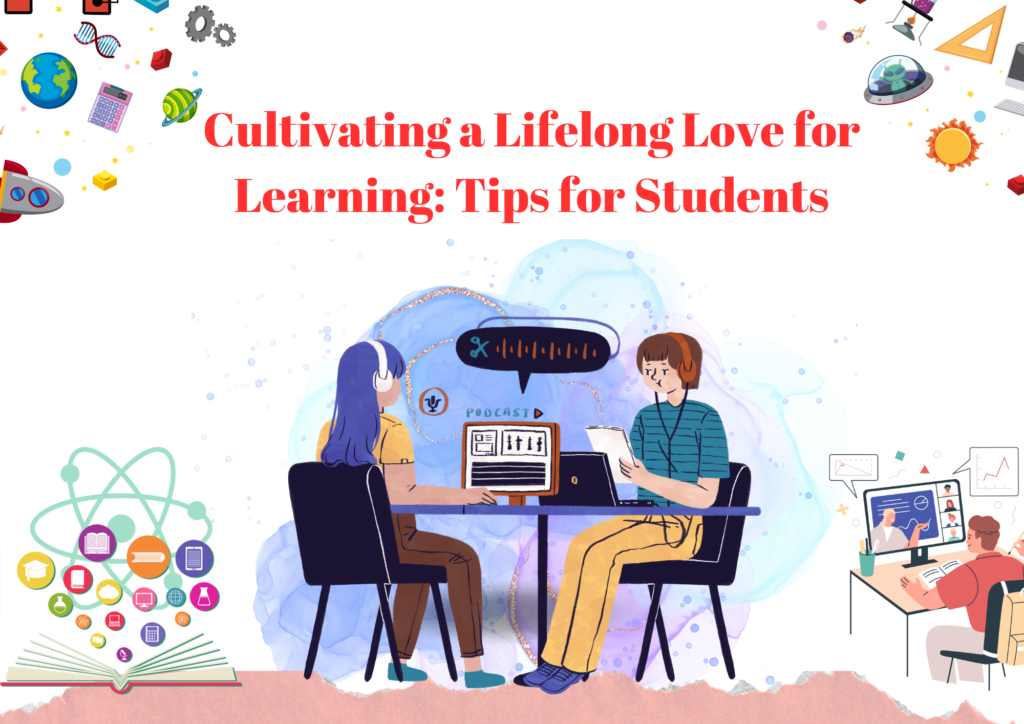
Tip:
Regularly challenge yourself to learn something new, whether it’s a hobby, a skill, or a subject you’ve always been curious about. The act of learning itself strengthens your growth mindset.
10. Use Positive Affirmations
What we say to ourselves can shape our mindset. Negative self-talk can reinforce a fixed mindset, while positive affirmations can help you stay motivated and focused on growth. Encourage yourself with affirmations that emphasize your ability to learn and improve.
Tip:
Create a list of growth-focused affirmations such as “I can improve with practice,” “I embrace challenges,” or “Mistakes help me grow.” Repeat them regularly to reinforce your growth mindset.
Conclusion
Developing a growth mindset is a transformative process that requires continuous effort, self-reflection, and resilience. By embracing challenges, valuing effort, learning from failure, and remaining open to feedback, you can unlock your potential and foster lifelong personal and professional growth. With a growth mindset, the journey is just as rewarding as the destination, and every obstacle becomes an opportunity to improve and succeed.

